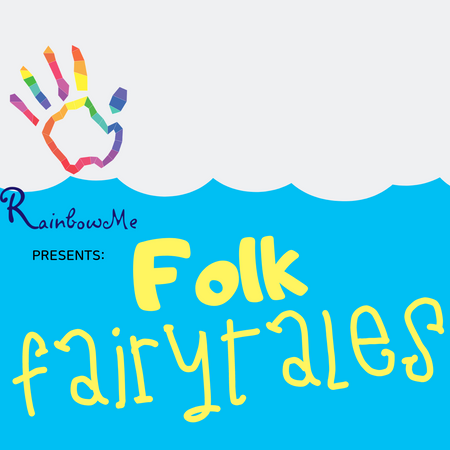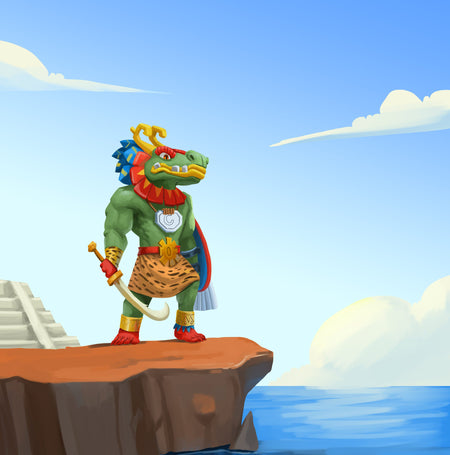3 Stories of Children War Heroes You Will Not Believe
Dec 17, 2020
In honor of Memorial Day, here are three amazing stories of child soldiers and heros of World War I, and the Civil War.
A drummer boy named Jackson poses for a portrait during the Civil War. Jackson is believed to be a freed or escaped slave who joined the 79th Infantry Regiment – U.S. Colored Troops, an all-black unit assigned to Kansas and Arkansas during the war that incurred heavy casualties. As a drummer, Jackson would have used up to 40 different beats to convey his commander’s orders to assemble for formation, head to chow, line up for pay or charge into battle. Many drummer boys also served as stretcher bearers. (Photo courtesy of the U.S. Army Heritage and Education Center) - See more at: http://soldiers.dodlive.mil/2013/12/the-beats-of-battle-images-of-army-drummer-boys-endure/jackson-79th-infantry-drummer/#sthash.q9cPAsAV.dpuf
Susie King Taylor was born on a plantation in Georgia in 1848 and allowed to go to Savannah to live with her grandmother in 1855. Despite the harsh laws against the formal education of African Americans, she attended secret schools taught by black women and was tutored by two white youths. In April 1862, she fled to Union occupied St. Simons Island. Quickly noted for her advanced education, she became the first black teacher to openly educate African Americans in Georgia at the age of 14. She married Edward King, a black officer in the 33rdUnited States Colored Infantry Regiment, and served as a nurse, laundress, and taught reading and writing to soldiers in his regiment until the end of the war. In 1902, she privately published a book of her experiences as a nurse entitled Reminiscences.
Britain's World War I Army included Indian children as young as 10-years-old fighting against the Germans on the western front, according to a new book on the role of Indian soldiers in the Great War. The youngsters were shipped over to France from the far reaches of the British Empire to carry out support roles, but were so close to the front line that many were wounded and admitted to hospital, according to 'For King and Another Country: Indian Soldiers on the Western Front 1914-18'.








